Like many people his age, Robert Taunton, 27, enjoys an active lifestyle. When he is not working as a project manager for a Richmond general contractor, he enjoys dirt biking, jet skiing, and tinkering with cars at his El Sobrante home.
But Taunton is anything but typical. Four months ago he had a stroke.
He remembers being at work on June 7 and not being able to understand his colleague or speak himself. He had difficulty moving his right side.
Taunton was taken by ambulance to the Kaiser Permanente Richmond Medical Center, where he was given the clot-busting drug tPA and then transferred to the Kaiser Permanente Redwood City Medical Center to have an undissolved clot removed from his brain.
“I didn’t know how fast my care needed to be, but I was really happy when I could talk and move my arm and leg again,” he said, recalling the “insane” speed with which he was treated.
Team Approach to Care
Taunton benefitted from a unique protocol, called Stroke Express, established at all 21 Kaiser Permanente Northern California medical centers.
“All our medical centers are primary stroke care centers linked to more comprehensive neuroscience centers like Kaiser Permanente Redwood City for people who need a higher level of care,” said Jeff Klingman, MD, chair of the chiefs of neurology.
Dr. Klingman added that the challenge facing everyone in the stroke community is how quickly care is delivered because it’s estimated that 2 million nerve cells per minute can die when blood flow is blocked.
“At Kaiser Permanente Northern California, we get the neurologist involved from the moment the patient arrives in emergency, and everyone on the team has a clearly defined role,” he said.
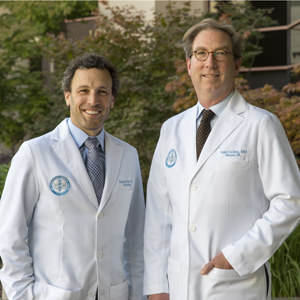
‘Pit Crew-Like Precision’
Will Nottingham, MD, was on duty when Kaiser Permanente Richmond received word from paramedics that a possible stroke case was on the way. Dr. Nottingham and his team attended to Taunton with pit crew-like precision just inside the emergency room doors, where they immediately engaged Kaiser Permanente San Francisco neurologist Kenneth Fox, MD, via video.
Using Kaiser Permanente’s telestroke program, Dr. Fox was able to speak with Taunton and assess his condition via a teleconferencing cart at the foot of his gurney.
The team had access to Taunton’s electronic medical record, which documented that he had been diagnosed with heart failure of an unknown origin when he was 24, increasing his risk for a stroke of this kind. This information at his care team’s fingertips also saved valuable time.
More time was shaved because tPA was available in the radiology suite as soon as the team reviewed images of the blood vessels in Taunton’s brain.
“Because of this system, Robert was treated with tPA within 20 minutes of arrival, whereas the national average is over an hour,” said Dr. Klingman.
But because Taunton had a large artery on the left side of his brain that remained blocked, he was immediately transported to Kaiser Permanente Redwood City.
Expert Stroke Care Delivered Quickly
Within minutes of Taunton’s arrival, Sean Cullen, MD, chief of neurointerventional radiology, used the latest generation of devices called stent retrievers, inserted through a tiny incision in Taunton’s groin, to open the blocked artery.
“As soon as Dr. Cullen pulled the clot out, I could move my right arm right away,” Taunton said.
Because he was recovering so well, Taunton was monitored just overnight in the Intensive Care Unit and then was released to go home two days later.
“Our integrated system and the Stroke Express program allow us to administer tPA almost twice as often and twice as fast to our patients as the national average,” said Mai Nguyen-Huynh, MD, regional director of tele-stroke and a research scientist at the Kaiser Permanente Northern California Division of Research.
Taunton was back to work a month after his stroke and boating and dirt biking with his friends shortly afterward.
“I am so very thankful for what everybody did to orchestrate my care so quickly,” he said.
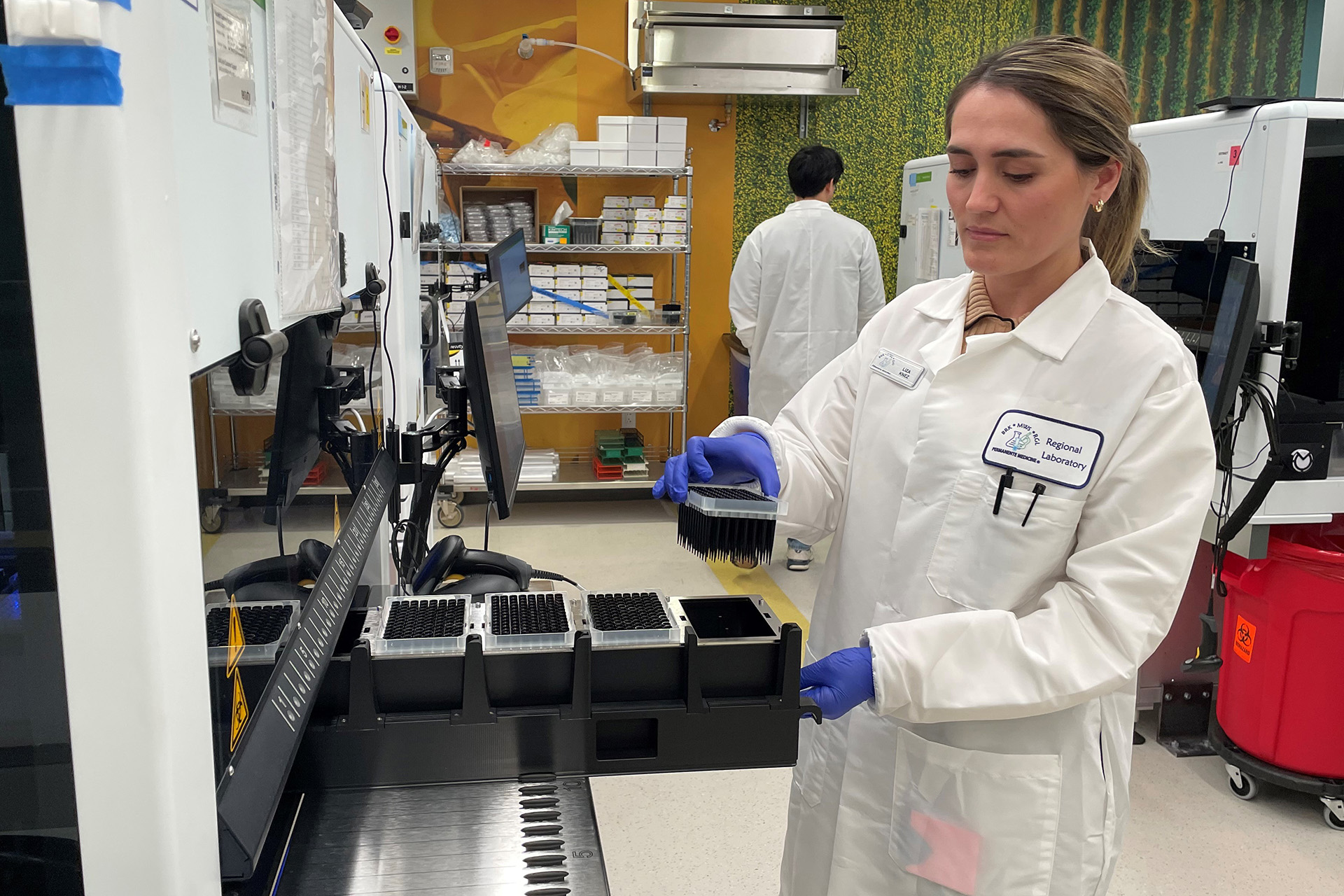
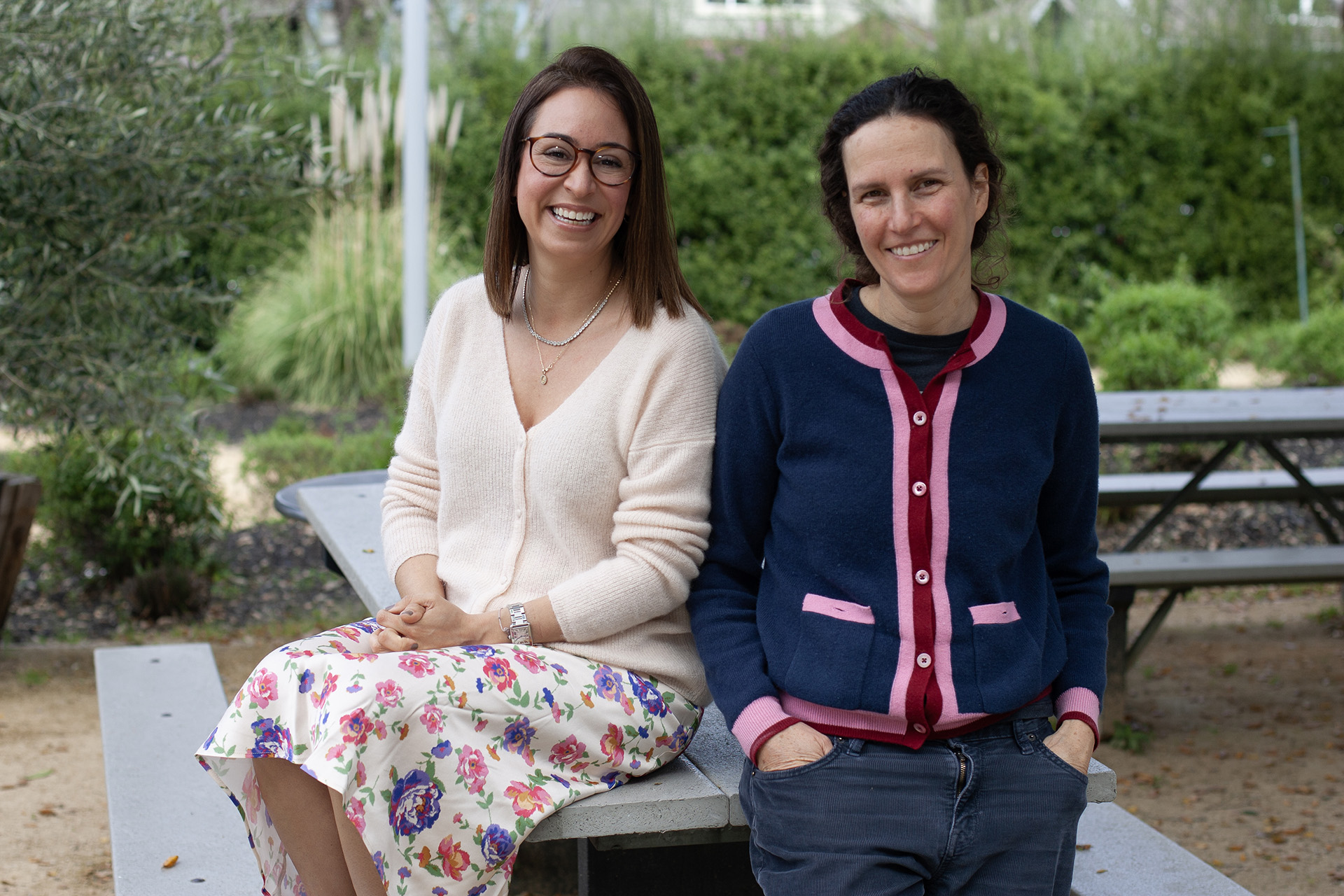
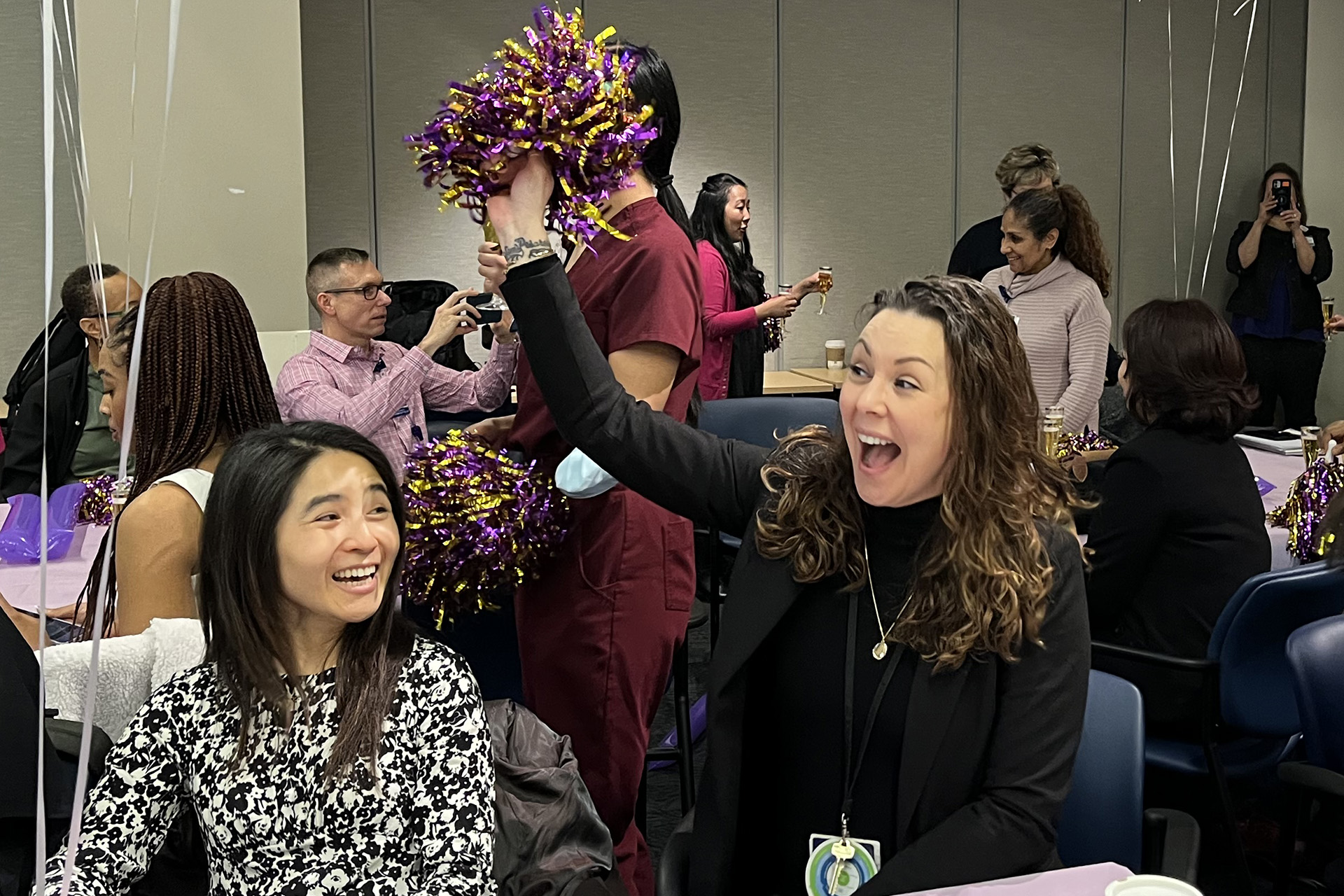
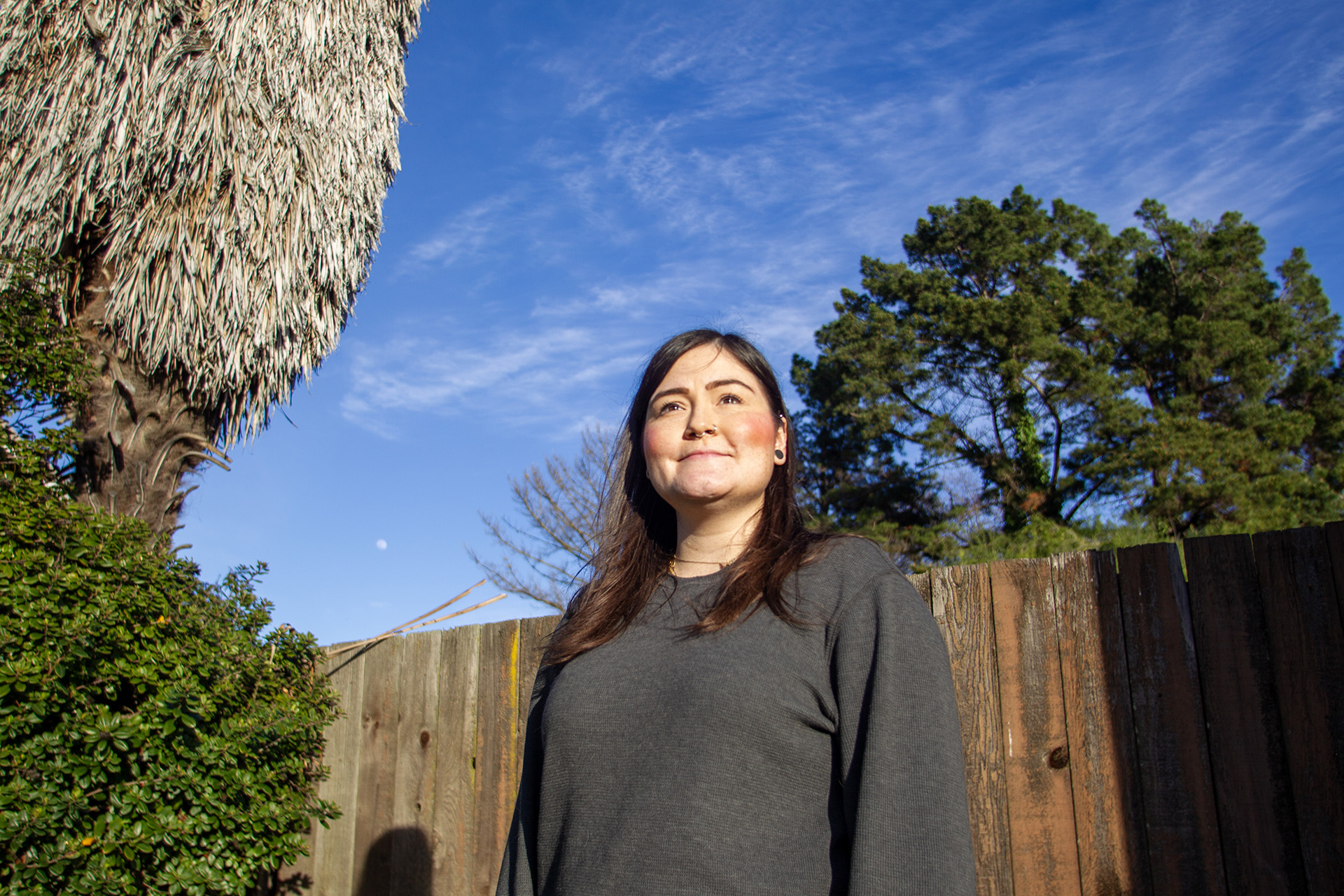
This Post Has 10 Comments
Wow, that’s amazing how he was able to get care so fast.
I love how KP excels in quick and complete medical care.
As a stroke survivor myself, I can definitely understand what it means to have access to excellent medical care. At the age of 38, I had a stroke and I cannot thank Kaiser Permanente in Roseville enough for saving my life and getting me back to a normal, productive life. Many thanks to all the MDs and RNs and all staff involved in saving lives. I wish I knew the staff involved in my care so I can contact them and thank them once again.
Kaiser is totally awesome. I had a brain aneurysm stroke in April of 2016, and am very grateful to be alive. Was sent to South Sacramento Kaiser and then sent to North Sacramento Kaiser where a great doctor did some coiling and saved my life. I was in the hospital for 3 weeks. I am finally back to work.
Great story. Thank you.
AWESOME JOB. Well done Richmond Kaiser. Great story. I hope someday we can implement at all the Kaiser’s … KAISER #1ATSAVINGLIVES.
Thanks for your comment. Every Kaiser Permanente Medical Center in NCAL participates in the Stroke Express protocol, and each medical center is a primary stroke care center linked to more comprehensive Kaiser Permanente neuroscience centers.
I really enjoyed this video here at KP Modesto. FANTASTIC JOB Kaiser Staff!!!
Thank you to the medical team for delivering such great care!! I work with Dr. Nottingham; he is an excellent clinician and a great colleague. GO TEAM RICHMOND!
WOW!
WOW…
That’s an amazing real story, that’s patient care at the highest level.
Kaiser Permanente — the BEST place to give and receive quality care.